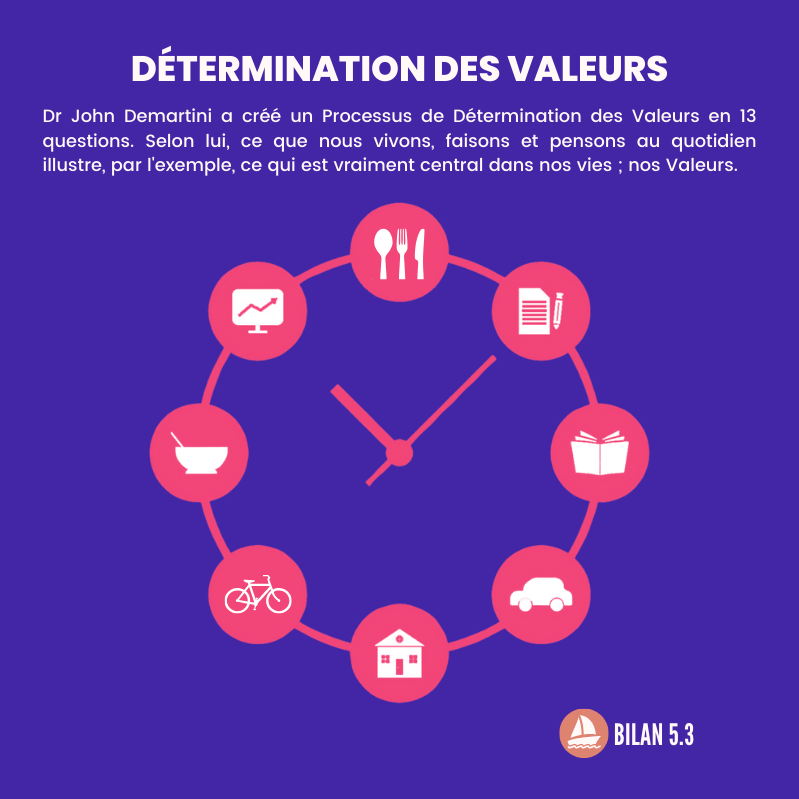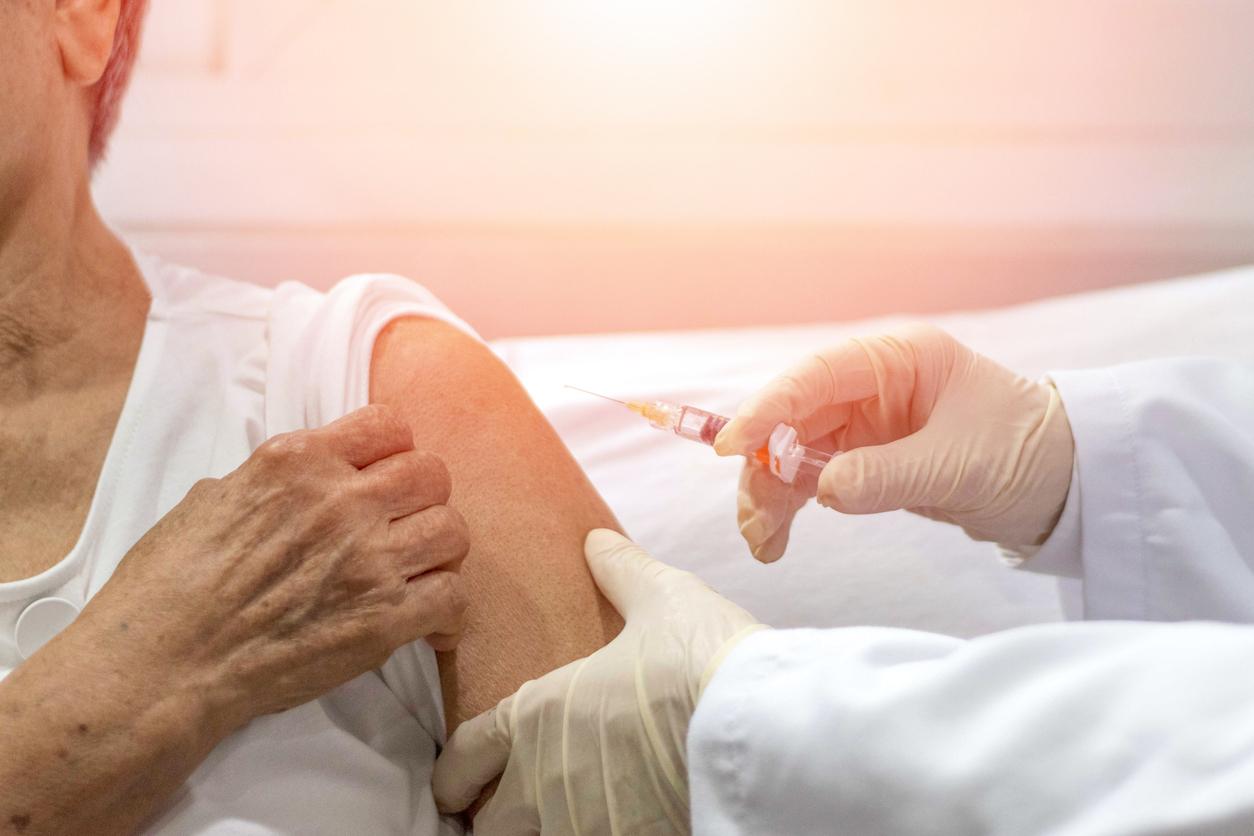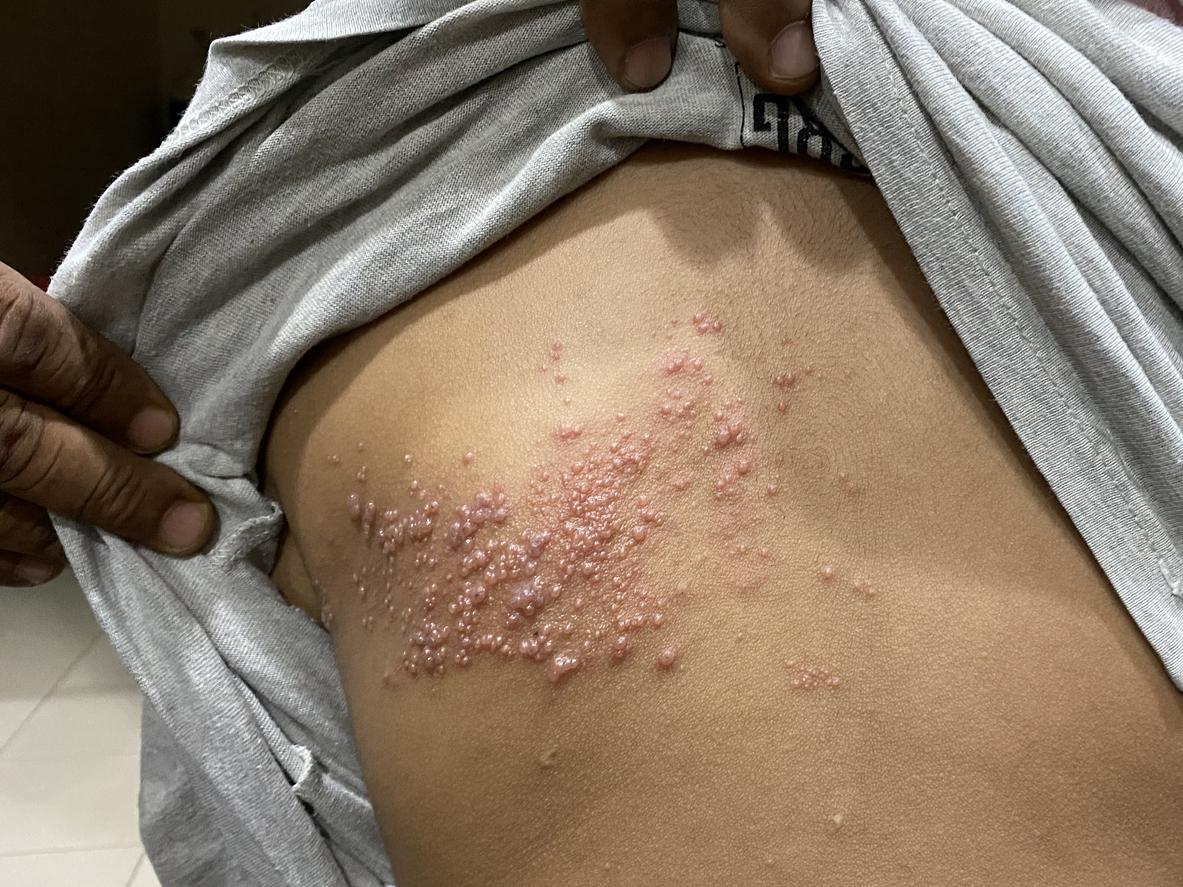
Many people have persistent pain after a shingles attack. There is a good vaccine to prevent this, but it is not reimbursed because it is too expensive. It is also difficult to get in the Netherlands. The 50Plus Party expressed its concerns to Health Minister Blokhuis. Six questions on this matter.
1. What is Shingles?
Nearly all children will contract chickenpox in their lifetime, a disease caused by the highly contagious varicella zoster virus. The chickenpox will pass, but the virus will remain dormant in the body. That’s fine until your defenses diminish. Then the reactivation of the virus can cause shingles. About 1 in 4 people will get shingles, and the older you get, the greater the risk. About half of 85-year-olds have ever had shingles. People who have undergone a transplant, or who have a poor immune system due to cancer, HIV or another condition, are at extra risk.
2. How Many People Have Shingles Pain?
When you think of shingles, you think of itchy blisters on the abdomen, waist or face, which dry up into crusts in about two weeks. The disease usually clears up on its own within a month, but people can experience severe pain if nerve tissue is affected. Of the 88 thousand people who visit their GP every year with shingles, about five percent (about 4400 people) suffer from pain that lasts longer than three months. The older you are, the greater the risk that you will have long-term pain. About 500 people are hospitalized every year because of severe nerve pain. The name doctors use for this pain is “postherpetic neuralgia (PHN). Painkillers hardly help. Because shingles develop so quickly, treatment with antiviral drugs often comes too late to contain the disease quickly. Prevention is therefore much better; and for that, two vaccines have been developed for adults.
3. Do these vaccines help?
The vaccine ZVL or Zostavax is not effective enough against shingles, according to the Health Council. The other vaccine RZV or Shingrix is much better, as it prevents 90 percent of shingles cases. ‘It is very special that it is so effective. Moreover, we have strong indications from research that this protection also lasts for a very long time, regardless of the age at which the vaccination was given,’ says Professor Gerhard Zielhuis of the Health Council. ‘In addition, the old vaccine was not suitable for people with a weakened immune system, and this new vaccine was. That is very good news, because people with a weakened immune system run a greater risk of getting shingles and therefore need such a vaccine the most.’
4. So there is a good vaccine. Why don’t we get it?
The Health Council believes that Shingrix is too expensive. The costs are about 200 euros per vaccination (and two are needed), while according to the guideline the health gain may only be half that. The Health Council thinks it is too expensive to give it to everyone nationally, if you look at the associated health benefits. For the time being, the jab is therefore not available for free, such as the flu shot or the pneumococcal vaccine that will be introduced in 2020.
5. Why do people abroad get this shot?
In Canada, the US and Germany there is already vaccination against shingles, and vaccination starts in people from the age of 50. Are they that much richer there, is public health more important, or can they negotiate better? Zielhuis: ‘We don’t know what other countries pay for the vaccine. Maybe they could make a good deal. Countries where the industry can sell tens of millions of vaccines are also much more interesting than the small Dutch market. There is also something else; there is now a major problem with availability.’ Due to the high demand abroad – Japan will also be offering its elderly Shingrix – there has been a shortage of the vaccine.
6. Will the price go down?
Scarcity is driving the price up, so negotiations to halve costs will be unsuccessful for the time being. Scarcity means that even people who are willing to pay Shingrix themselves will probably have to be patient. The vaccine can only be obtained from abroad, such as via www.vaccinatiecentrum.nl. The manufacturer GSK has delivery problems, so that’s why behind ‘Shingrix’ not only the price, but also the statement that it is only available on request and usually available within a few days. So even if you have the money for it, the question is whether you can get it.
UPDATE:
Manufacturer GSK reports that the delivery problems have now been resolved. Shingrix is again readily available in the Netherlands and some health insurers reimburse the vaccine in whole or in part with a supplementary policy, according to GSK. See also the update on the RIVM website about shingles.














